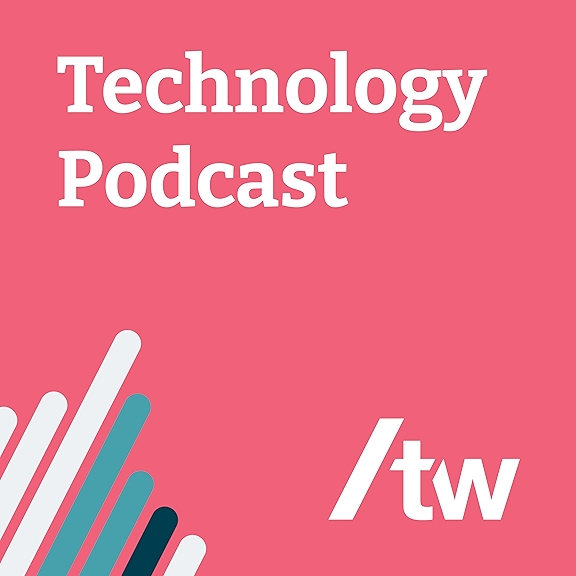
Adobe is integrating advanced AI tools into its creative software to enhance image generation and modification while ensuring fair compensation for original creators, promoting transparency and proper attribution in AI-generated content.
Alibaba's new AI-powered search engine, Accio, is designed to assist small businesses in Europe and the Americas by streamlining the procurement process and enhancing sales performance through advanced AI technology.
Baidu has introduced a range of AI-driven applications, including advanced text-to-image generation and no-code software development tools, aiming to commercialize large language model applications and compete with OpenAI's Chat GPT.
Waymo, a subsidiary of Alphabet Inc., has launched its self-driving robotaxi service in Los Angeles, offering autonomous rides across nearly 80 square miles and removing a waitlist of 300,000 people.
Ecosia and Qwant are joining forces to create the European Search Perspective (EUSP), a new search index aimed at reducing reliance on U.S. tech giants and promoting privacy and sustainability, launching in France by early 2025.
Greg Brockman has rejoined Open AI in a key leadership role after a three-month sabbatical, aiming to refocus the company on technological advancements, AI safety, and ethical considerations.
In Poznan, Poland, a new chapel designed by Priest Radek Rakowski combines traditional religious elements with cutting-edge AI technology to enhance spiritual engagement and accessibility.
Amazon Web Services is offering $110 million in free computing credits to AI researchers using its Trainium chips, aiming to provide a cost-effective and high-performance alternative to Nvidia's GPUs.



















